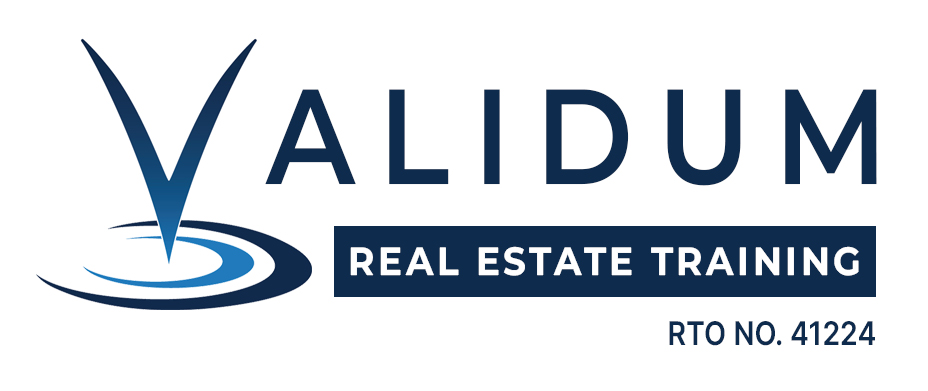Top 5 Dispute Resolution Techniques Property Managers Can Use To Keep Their Job Dispute Free
As a Property Manager, the tenants and landlords you work with can sometimes be difficult. It is for this reason that property managers should be equipped with an array of dispute resolution skills they can tap into at any time. Here are our top 5 dispute resolution techniques any property manager should keep on hand.
1. Listen and empathise
The ability to actively listen to other people’s concerns is a very important skill when it comes to dispute resolution. With conflict sometimes being part of a property managers job, it is important to resist the urge to interrupt and defend yourself, or someone else, when faced with a disgruntled party. Rather, it is beneficial to ask questions that draw out the other party’s core issues and empathise with their situation. Once you have actively listened, repeat back what you’ve heard to ensure that you understand the party’s concerns correctly.
Once you have thoroughly gained an understanding of their issue, empathised and acknowledged their situation, you can begin presenting your own view point and to communicate both sides of the issue with transparency. An example of a common complaint may be a leaking shower which can easily turn into a serious issue of dispute if the property manager fails effectively listen and understand how the issue is effecting the tenants.
2. Be a Mediator, Record and Communicate the Facts
Many disputes start through one party thinking they are owed something from another party. As a third party responsible for resolving the dispute, you are effectively a mediator. A very simply way of easily resolving issues is to accurately record and communicate the facts at your disposal. Once the parties are both aware of the facts of the issue, as a mediator it is your role to help each party remain calm and compromise to have an amicable resolution.
A very common issue that may require dispute resolution for property managers would be claims for receiving a bond back. For a property manager, keeping documentation about the property condition is crucial for preventing this type of dispute from escalating. It is important to take a lot of photos upon the tenant’s entry and to ensure that the condition report is extremely detailed. Having these documented facts about the state of the property can quickly and calmly resolve future disputes from either party.
3. Attack The Problem, Not The Person
Naturally with some issues tempers might flare from either tenants, landlords or both. Unfortunately as a property manager you might end up on the receiving end of some disgruntle people as you will probably be the first port of contact. When this happens it is important to use dispute resolution skills that focus on calming the disgruntled party. The skill of attacking the problem, not the person is key in keeping people calm and in control.
Sometimes when in a heated conversation it can be easy to become defensive and even use insult or accusation to get your point across. Even though this may be tempting when someone is being abusive or intense, this will only escalate things further not resolve them. Avoid personal comments or attacks and instead focus on calming the person down by listening and showing empathy to their situation. Then focus on the issue at hand. You will then have your turn to be heard and improve your chances of getting the issue resolved faster.
4. Timely and Effective Communication
Issues can something easily escalate if they are left unresolved for a period of time or if any of the parties feel they haven’t been communicated with effectively. Ensure you know your tenants’ and landlords’ preferred method of communication. Some people refer phone calls while others prefer personal or work emails. Text message is another good option. Some issues require urgent attention and therefore one method of communication may not be sufficient – you may be required to use multiple communication methods and be transparent with all parties about the communication attempts.
Always keep a record of your communication no matter what method you use. You may require points of fact to when you have attempted to make contact should matters escalate later down the track.
5. Learn to compartmentalise
Every job has difficult people to work with at some time or another. This is an important life skill to learn as it is not always easy to remain calm in a hostile situation. Being able to compartmentalise hostility and aggression from others without taking their stress on-board yourself is difficult to learn. The key element is to isolate the issue from other challenges you are having at that time, factualise it, resolve it and move on. Don’t allow the negativity of that issue to follow you after you have dealt with it. In Essence put that issue and the hostility that went with it in its own box and leave it there.
These are some simple, and not so simple, skills that will see you on your way to becoming a dispute resolution master. We’d love to know your experience with landlord and tenant dispute resolution techniques. Email me your thoughts at victor.james@validumgroup.com.au.








One Comment
Comments are closed.